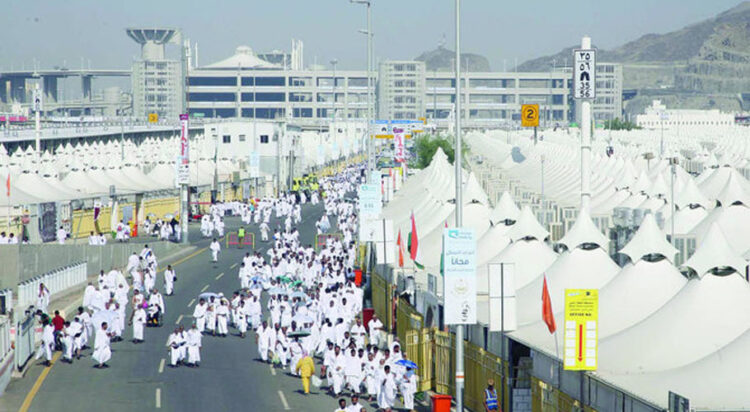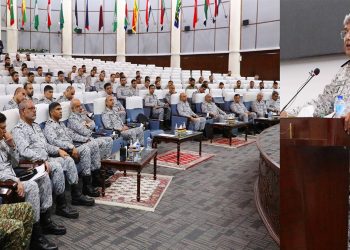The rituals of Hajj began today with the arrival of the hundreds of thousands of pilgrims in Mina started last night and will continue today until noon. They will remain in Mina until Thursday morning, engaging in worship and prayers.
Today in Mina, the pilgrims will offer the Dhuhr, Asr, Maghrib, and Isha prayers. On the 9th of Dhul-Hijjah, they will head to the plains of Arafat for Wuquf, which is considered the most essential pillar of Hajj.
On the 9th of Dhul-Hijjah, pilgrims will listen to the Hajj sermon and perform Dhuhr and Asr prayers together. They will remain in Arafat until sunset. After sunset, without offering Maghrib prayer in Arafat, the pilgrims will depart for Muzdalifah. There, they will combine the Maghrib and Isha prayers.
At Muzdalifah, pilgrims will collect pebbles for the symbolic stoning of the devil (Ramy al-Jamarat) and will spend the night under the open sky.
On the 10th of Dhul-Hijjah, after the Wuquf at Muzdalifah, they will proceed to perform the Ramy (stoning). Pilgrims will throw seven pebbles at the largest of the three pillars (Jamrat al-Aqaba), perform the ritual sacrifice (Qurbani), and then shave their heads (Halq), after which they will exit the state of Ihram.
On the 11th of Dhul-Hijjah, pilgrims will throw seven pebbles at each of the three pillars — the small, medium, and large devils. After Ramy al-Jamarat, they will head to the Kaaba for the Tawaf al-Ziyarah. After the Tawaf, they will perform Sa’i between Safa and Marwah.
On the 12th of Dhul-Hijjah, after the sun passes its zenith, the three pillars will be pelted again. On the 13th of Dhul-Hijjah, following the final stoning ritual (Ramy al-Jamarat), pilgrims will return from Mina to their accommodations.
According to the spokesperson of the Ministry of Religious Affairs, Pakistani pilgrims have been provided with 442 buses by the Saudi state company, and an additional 510 buses have been arranged from a private company by the Pakistan Hajj Mission.
The spokesperson stated that during the Mashair (holy sites journey), 25,861 Pakistani pilgrims will travel by bus, while 62,000 will use the train.

































